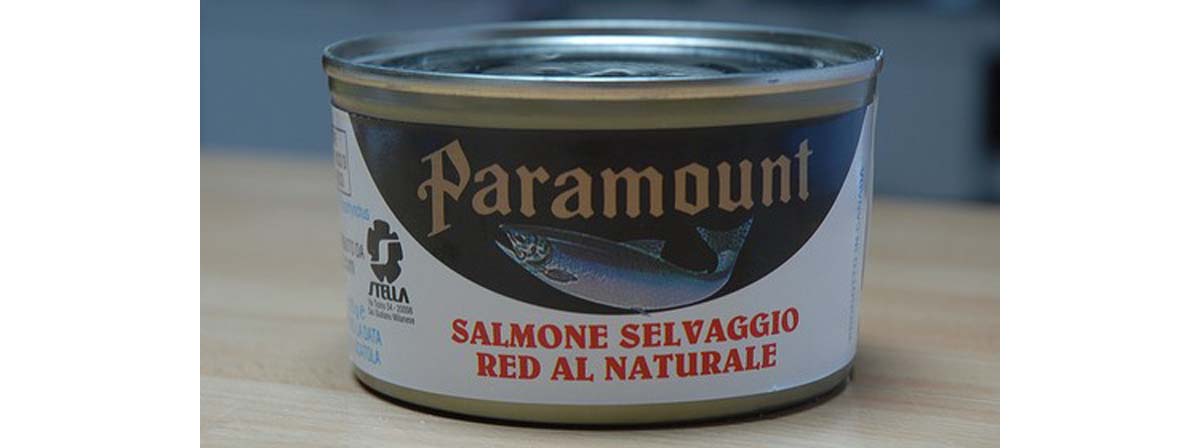Table of Contents
Not all canned foods should be banned from your kitchen. When you are choosing which canned foods to incorporate into your meals, it’s important to know which ones are nutritionally beneficial. Although there are plenty of canned foods that should be avoided, this isn’t the case for all of them. If nothing else, it is always helpful to have a little stockpile on hand in case of emergencies! You don't want to be forced to go grocery shopping when you are ill, for instance.
It’s true that vitamins found in many canned foods diminish over time; however, the same thing is likely to occur with fresh produce that is left lingering in supermarket bins for extended periods of time. Some canned foods fare much better than others in being low in preservatives, steering clear of BPA and other unhealthy chemicals, and maintaining the quality and freshness of the food.

Salmon
You likely already know that fresh salmon is a nutritional powerhouse that is rich in brain-boosting omega-3 fatty acids. The canned variety is just as healthy, and according to some dietitians and nutritionists, even healthier. Why? Because canned salmon comes with the bones intact, resulting in a higher dose of calcium for healthy bones and teeth. In addition, the processing of canned salmon removes excess fat, making it a healthy option.
Beans
When it comes to either fresh or canned beans, for most varieties, there is virtually no nutritional difference between the two. For beans such as pinto and kidney beans, the nutritional value of the canned and fresh options is almost identical. Canned beans are obviously much more convenient than fresh beans, and can quickly and easily be added to stews, soups or casseroles.
Pumpkin
The holidays are a popular season for canned pumpkin products. Whether used to make breakfast treats such as pumpkin spice muffins, hearty meals like pumpkin-stuffed ravioli, or as a holiday dessert such as pumpkin pie or pumpkin cheesecake, canned pumpkin is in the spotlight during the Autumn months. Although fresh pumpkin is in its natural state and contains nothing artificial, it can be time consuming and difficult to work with. Skip the canned pumpkin pie filling that is jam packed with sugar and artificial ingredients, and go for natural canned pumpkin, which is a healthy, convenient alternative. Canned pumpkin flesh is a low calorie, fat-free food that contains plenty of fiber in addition to an enormous amount of vitamin A, vitamin C, beta-carotene and iron. While fresh pumpkin contains a large amount of water, canned pumpkin does not, making it have an even higher concentration of nutrients than fresh pumpkin.
Peaches
While you don’t want to snack on canned fruit cocktail that is loaded in sugary syrup and artificial chemicals and preservatives, some canned fruits actually do make the cut.
These peaches are packed in their own natural juices without any added sugar or syrup, making them healthy canned option. Unlike peaches that are soaked in syrup, the no-sugar added varieties contain significantly less calories without sacrificing flavor and exhibiting natural sweetness. They can be eaten out of the can or added to yogurt, oatmeal or cereal as a healthy meal addition.
- Photo courtesy of Laura O in AK by Picasa : picasaweb.google.com/lh/view?q=canned+Chicken+Noodle+Soup&uname=109008901828086469253&psc=G&filter=1#5789368806651033282
- Photo courtesy of Luigi Rosa by Flickr : www.flickr.com/photos/lrosa/3461565327/

